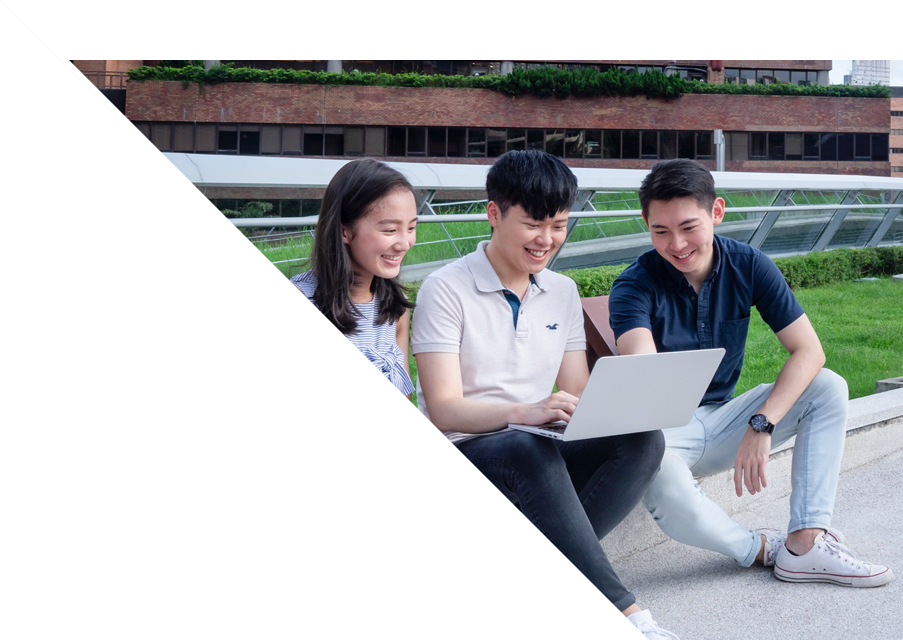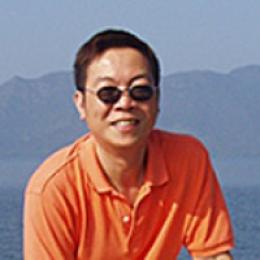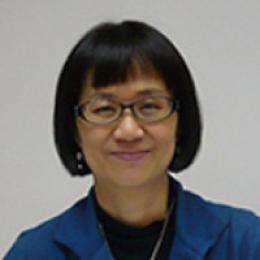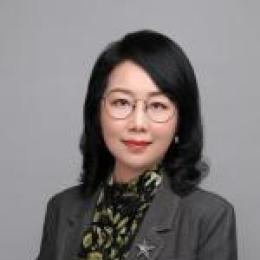Sept 2024 Entry
3 years (Full-time) with summer terms
4 years (Part-time) with summer terms
48
This programme adopts multi-method approaches to teaching and learning including online, classroom, skill laboratory and blended learning.
This programme admits students in alternate years.
What's New
Programme Aims
The programme aims to provide first-rate education for social workers, welfare administrators and social work educators who have substantial professional experience and a commitment to pursuing a higher level of research and education and integrating this knowledge into their practice to further social betterment.
The programme is specifically designed to cater to those who seek to develop and advance their academic, professional and reflective capabilities as practitioner-researcher-educators in a rapidly changing social setting.
The programme also offers a platform for local–global dialogue on critical social work practices, helping those enrolled to use an interdisciplinary and cross-cultural perspective to develop mastery of conceptual, methodological, analytical and practice skills.
The programme will inspire students to adopt a reflexive perspective that emphasises critical reflections on current local and international wisdom and professional practices in social work.
Programme Features
Practice Research and Practice Education
-
Develops leaders in social work practice and practice teaching
-
Integrates reflective practice, practice research and professional education
Integration of Theory and Practice
-
Integrating theory and practice leads to social work that is relevant, practical and attuned to specific social and governance settings
-
Embodies a reflective approach to theory–practice integration
-
Incorporates cutting-edge knowledge into innovative practice
Dialogue between International Perspective and Local Setting
-
Engages in a critical dialogue between the local and global communities
-
Applies a comparative perspective to local and international social and welfare issues
-
Explores culturally sensitive and appropriate social work practices for indigenous and international settings
Individual Concerns and Social Consideration
-
Recognises the complex external forces that impact professional practices
-
Adopts a cross-disciplinary, inter-professional and holistic approach to problem-solving in social work
Programme Structure
To be eligible for the DSW award, students are required to complete 24 credits of coursework and a DSW thesis that counts for 24 credits.
Students can choose to graduate with the award of MA in Social Work (Research Studies) after completing 24 credits of coursework and passing a thesis proposal defence (6 credits).
Core Areas of Study
Core Subjects (15 credits)
Students are required to take all of the following subjects:
- Epistemology of Social Work Knowledge (3 credits)
- Social Work Practice Research (3 credits)
- Pedagogies in Educating & Developing Social Work Practitioners (3 credits)
- Quantitative Research Methods in Social Work Research (3 credits)
- Advanced Qualitative Research Methodology (3 credits)
Elective Subjects (9 credits)
Students have to take three subjects, including a guided study subject (3 credits), and select two elective subjects either at level 6 in one of the following three areas OR choose no more than two elective subjects at Master's degree level within the Department.
I. Direct Service Practice (Family Practice & Mental Health)
- Advanced Family-Centred Social Work: Theory, Practice & Research (3 credits)
- Recovery & Emotionality in Mental Health Practice (3 credits)
II. Policy & Administration Practice (Social Policy & Social Service Administration)
- Pathways to Social Development (3 credits)
III. Social Work Education
- Innovations in Social Work Education (3 credits)
- Towards a Personal Stance in Teaching Social Work Practice (3 credits)
Doctoral Thesis and Research Seminar (24 credits)
- DSW Thesis Seminar & Proposal Development I (2 credits)
- DSW Thesis Seminar & Proposal Development II (2 credits)
- DSW Thesis Seminar & Proposal Development III (2 credits)
- DSW Thesis (18 credits)
The subjects offered may be altered at the discretion of the Department.
48
Prof. Ku Hok-bun
PhD, MPhil, BA
- MSW, MASW, MSocSc (Social Work) or a Master's degree in a related discipline.
- For all applicants, 5 years of relevant work experience is preferred.
- Applicants with a Master's degree in a discipline other than social work are required to take two additional subjects related to social work theory and practice (total: 6 credits) at the Master's level. Students are required to pay the additional credit fees.
If you are not a native speaker of English, and your Bachelor's degree or equivalent qualification is awarded by institutions where the medium of instruction is not English, you are expected to fulfil the University’s minimum English language requirement for admission purpose. Please refer to the "Admission Requirements" section for details.
For further information on admission matters, please contact:
Tel: (852) 2766 4315
Email: sspg@polyu.edu.hk
3
HK$388,800 per programme (HK$8,100 per credit) for local and non-local students
Entry Scholarships are available. Please click here for details.
PolyU reserves the right to change or withdraw the scholarship at any time. In case of any dispute/disagreement, PolyU's decision is final.
Copies of graduation certificate and official academic transcript (including Master's and Bachelor's degrees) are required.








